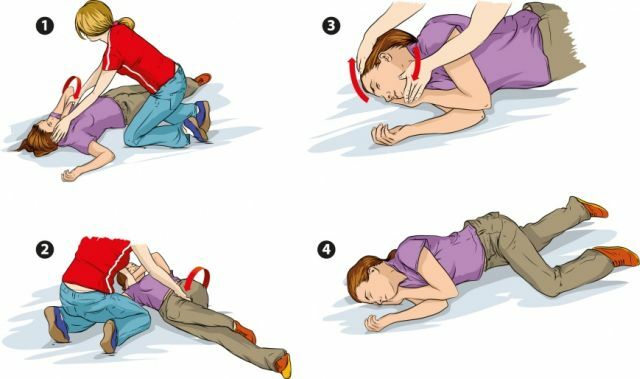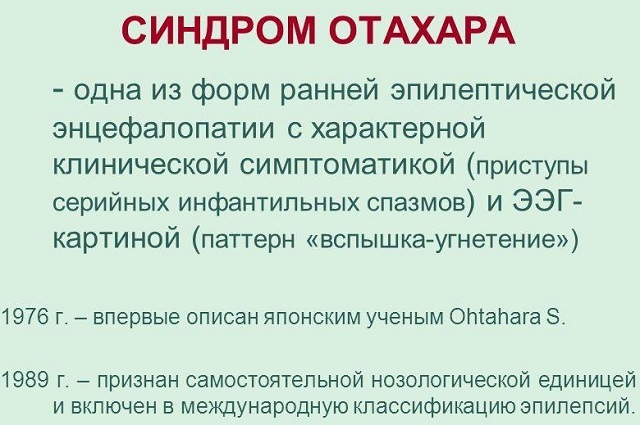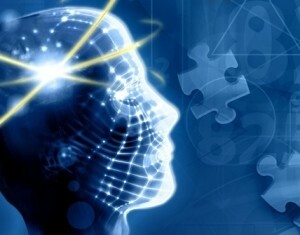Another, no less well known, the name of epilepsy is a falling disease.
Epilepsy suffers, according to various sources, about one percent of the population.
The most common age for epileptic patients is 10-15 years.
Epilepsy is traditionally divided into two large groups:
- genuinaya( essential, idiopathic);
- is symptomatic.
In accordance with various causes of the disease, the epileptic seizure is most appropriately divided into:
- epileptic reactions( intoxications and other single seizures);
- epileptic syndromes( brain tumor);
- itself, epilepsy, as an independent disease.
The causes of epilepsy development can be:
- fetal development pathology;
- pathological delivery;
- traumatization of brain tissue;
- inflammatory diseases of the tissues and membranes of the brain( arachnoencephalitis, arachnoiditis, menengit);
- chronic and acute intoxication.
Serious role in the development of encephalitis is allocated to the genetic( hereditary) factor.
Physicians assert that an epileptic seizure can be reproduced, enhanced or suppressed by the mechanisms of a conditioned reflex.
The most obvious manifestation of epilepsy is the so-called large seizure, started suddenly, with brief emotional, auditory or visual sensations.
Then there is a loss of co-generation and, subsequent to it, tetronic and clonic convulsions.
The seizure, on average, lasts about two to three minutes.
Sometimes, a spasm can only cover certain, certain muscle groups( Jackson epilepsy).
The appearance of equivalent epileptic seizures may occur, arising as: 
- of an impending mood disorder( dysphoria);
- trance;
- somnambulism;
- gloomy loss of consciousness.
Epileptic psychoses can also occur, manifested as acute or chronic affective disorders:
- hallucinations;
- delirium;
- melancholy;
- fear;
- is anger.
Frequency of epileptic seizures:
- single cases;
- daily( including, nightly) attacks;
- seizures, repeated several times during the day.
Sometimes there is an epileptic status, characterized by short intervals between attacks.
Especially dangerous is the convulsive form of the status epilepticus, leading to violations of function:
- cardiovascular system;
- respiratory system.
In this state, patients, most often remain in an unconscious state, which can result in a fatal outcome.
Treatment of epilepsy
The form of treatment directly depends on:
- type of disease;
- its main reason;
- features flow.
Special treatment of epileptic reaction is carried out only during the action that caused its cause.
Epileptic syndromes require the provision of medical measures to get rid of the underlying disease that causes epileptic seizures.
Treatment of true epilepsy is a long time, according to strictly individual program.
As treatment,
- antieleptic( anticonvulsant) drugs are prescribed;
- restorative medications;
- dehydration substances.
Sometimes, with a clear presence of an epileptic focus, a surgical operation can be performed.
The development of epileptic status requires the placement of patients in the department of resuscitation and anesthesiology.
In the process of rehabilitation of a patient, a favorable, friendly environment in the family and in the surrounding community is of great importance.
Whether epilepsy is curable
If, as a result of taking appropriate medications in the past five years, you have never had epileptic seizures, then you can safely say that epilepsy is successfully treatable.
What can and can not be done with epilepsy
For such cases, special recommendations for the behavior of patients are developed: 
- do not lock from inside the restroom, hang up the sign "Busy!";
- do not lock yourself from inside the bathroom or shower( keep in touch with loved ones, sing songs);
- do not use hot water in a bath or bath( hot water can trigger a sudden fit);
- remove from the room glass objects and furniture with sharp edges;
- on the floor, lay soft carpets;
- remove from the bathroom all electrical appliances and piercing-cutting objects;
- prepare food products in plastic utensils, using the knife and fork as carefully as possible;
- in the store get cheese, sausage and bread at once in the sliced form;
- use kitchen appliances with automatic shutdown from the electrical network;
- gas cooker is allowed to use only under the supervision of close people;
- in the work team, everyone should know the rules of behavior in case of a possible attack;
- avoid mental and physical exertion;
- always carry a set of clean linen( just in case);
- electric radiators and heaters should be installed in places where they can not be overturned;
- do not smoke alone( alone);
- Do not use the ladder if no one is near;
- is contraindicated in extreme sports.
The life expectancy of a patient with epilepsy is, on average, one and a half to two years shorter than that of an ordinary person.
But this indicator, of course, completely depends on the individual characteristics of the organism of each patient.
Take care of yourself.
Stay healthy!
Video: Epilepsy
 Epilepsy( epilepsía) is a severe chronic brain disease of various etiologies, characterized by relapses of seizures.
Epilepsy( epilepsía) is a severe chronic brain disease of various etiologies, characterized by relapses of seizures.



